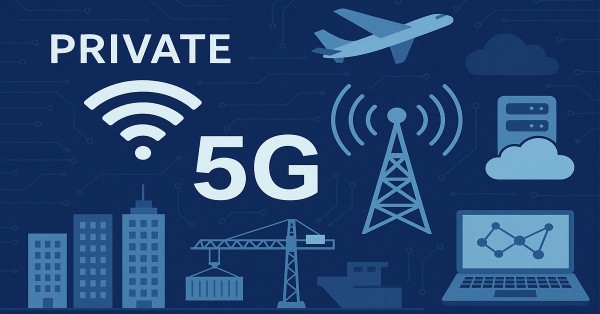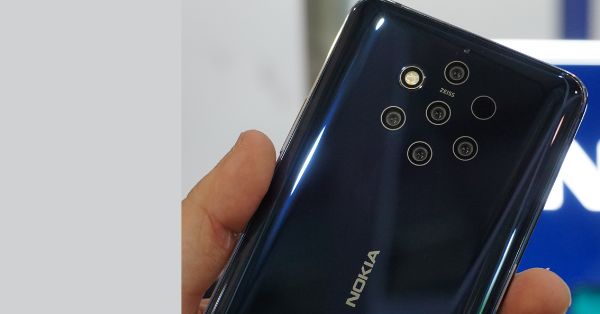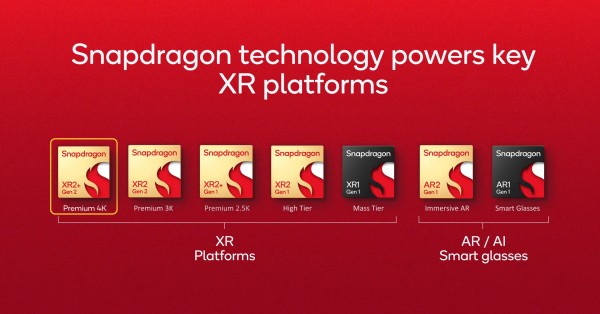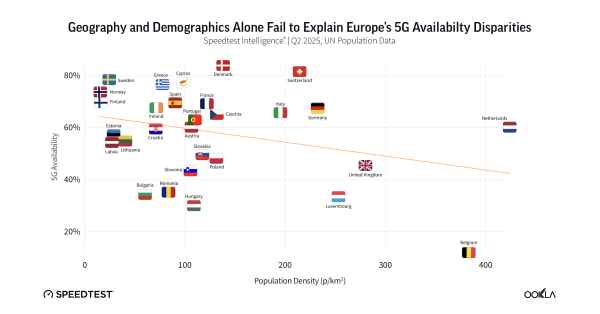Istres Leads Smart Cities with Private 5G Deployment
The City of Istres, in southern France, has taken a bold step towards becoming a modern, resilient, and sustainable urban hub by deploying a dedicated Private 5G Network. Partnering with Ericsson, SPIE, and Unitel Group, Istres now stands as a European trailblazer for mid-sized cities aiming to embrace next-generation connectivity and smart city services.
Urban Connectivity Challenges: Cost and Security
Traditionally, expanding urban surveillance and secure communications relies heavily on fixed fiber infrastructure — costly, intrusive, and time-consuming. For Istres, installing a single fiber-connected surveillance camera previously cost around €30,000 per unit, including civil works and installation. Such high costs limited the city’s ability to scale security and responsive services affordably.
In addition, coordinating emergency response teams and public safety units often suffers from fragmented communications systems, slowing decision-making in critical moments.
Ericsson, SPIE, and Unitel Deliver Private 5G Solution
To tackle these urban connectivity challenges, Istres chose a flexible Private 5G solution. Ericsson’s advanced network technology, integrated by SPIE and Unitel, delivers encrypted, high-bandwidth, low-latency connectivity across the city. The network supports both fixed and mobile video surveillance and enables real-time secure communication for first responders.
Crucially, this setup slashes camera installation costs from €30,000 to just €5,000 per unit. The cost includes the camera, a 5G router, and installation — no fiber trenching needed. Just ten cameras recoup the network’s total investment, proving a compelling return on investment for city budgets.
Key Results: Lower Costs and Faster Emergency Response
Key benefits demonstrated in the live deployment include:
- Lower Infrastructure Costs: The cost-per-camera reduction unlocks large-scale deployments with minimal budget strain.
- Rapid Installation: With wireless 5G backhaul, new cameras can be added wherever needed, without digging up roads.
- Secure Communications: Encrypted channels protect sensitive video streams and mission-critical city operations.
- Better Emergency Response: Faster data-sharing and live feeds enhance situational awareness for police and emergency crews.
How Private 5G and Edge Computing Power Istres
Ericsson’s solution combines Private 5G Networks with robust Edge Computing. The edge capabilities process surveillance data locally, reducing latency and supporting instant analytics. This paves the way for AI-powered features like automatic threat detection and predictive resource deployment.
SPIE and Unitel ensured seamless deployment, integration with existing city services, and ongoing support.
Benefits of Private 5G for Smart City Security
Istres’ 5G-enabled urban framework delivers multiple clear advantages:
- Resilient Security: Expandable, flexible camera coverage ensures better city safety.
- Financial Efficiency: Lower installation and maintenance costs free up budget for other smart city projects.
- AI-Ready Infrastructure: A solid foundation for future automation and real-time insights.
- Environmental Sustainability: Wireless deployment cuts civil works, reducing carbon emissions and energy use.
These benefits position Istres as a forward-thinking, citizen-centric smart city.
Impact of Istres’ Private 5G on European Smart Cities
The Istres deployment sets an example for other European cities wanting to modernize without massive upfront fiber investments. By leveraging Private 5G Networks, mid-sized urban centers can rapidly scale surveillance, manage resources intelligently, and transition towards smart cities.
The city also plans to expand the network’s reach to support a low-carbon industrial zone in nearby Fos-sur-Mer, boosting sustainable economic growth.
Ericsson, SPIE, and Unitel: Partners in 5G Innovation
Ericsson supplied the core 5G technology and security protocols.
SPIE handled on-the-ground deployment and system integration.
Unitel Group provided additional local support and ensured the network meets Istres’ specific urban requirements.
How the 5G Partnership Future-Proofs Istres
This partnership turned ambitious urban goals into an operational reality:
- Ericsson: Delivered a secure, scalable Private 5G Network.
- SPIE: Managed engineering and ensured minimal disruption during deployment.
- Unitel: Acted as the local touchpoint for ongoing maintenance and upgrades.
Together, they future-proofed Istres’ urban digital infrastructure.
Current Status and Showcase Plans for Istres’ 5G
The network is fully operational today and already demonstrating tangible benefits in daily urban security and emergency services. Plans are underway to showcase its capabilities at VivaTech 2025, drawing attention from cities across Europe.
Early 2025: Planning and partner alignment
- Q2 2025: Network deployment completed
- Q3 2025: Surveillance and secure comms fully activated
- Q4 2025 onward: AI integration pilot and smart city services expansion
Stakeholder Endorsements for Istres’ Smart City Vision
François Bernardini, Mayor of Istres, describes the initiative as central to the city’s vision for resilience, sovereignty, and connected public services. Duncan Hawkins, VP EMEA, Enterprise 5G at Ericsson, calls Istres a pioneer for modern municipal operations, showcasing how Private 5G Networks can reduce costs and unlock innovation.
How Istres Sets a New Blueprint for Urban 5G
With a clear ROI, scalable tech, and a sustainable model, Istres’ Private 5G journey with Ericsson, SPIE, and Unitel stands as a blueprint for mid-sized cities everywhere. By embracing Private 5G, Istres is not just securing streets but also paving the path for a smarter, greener urban future.






























